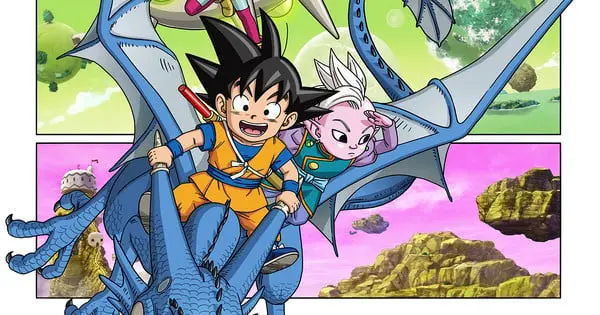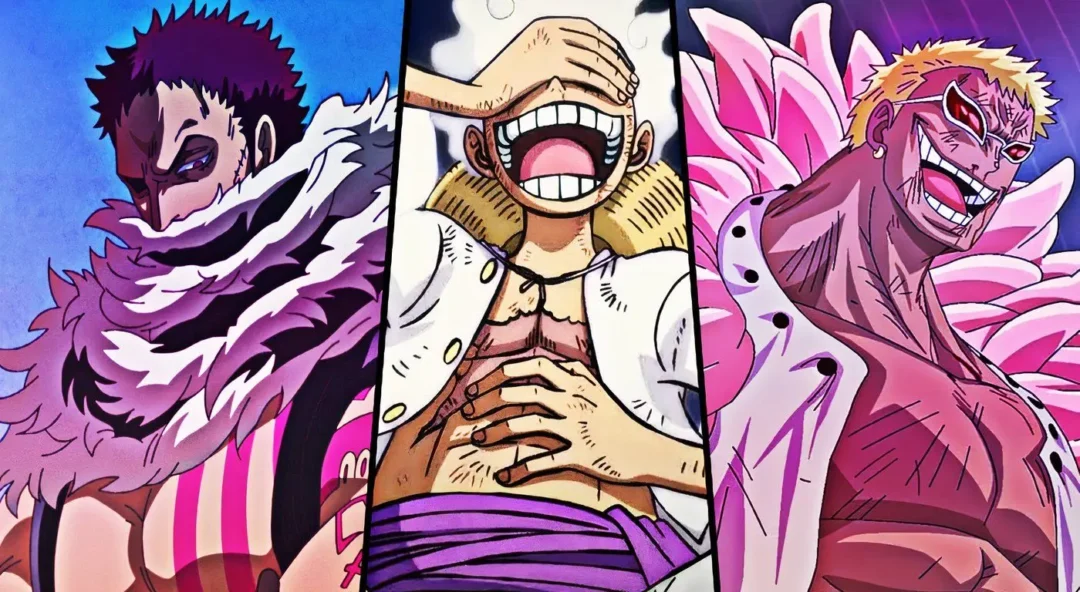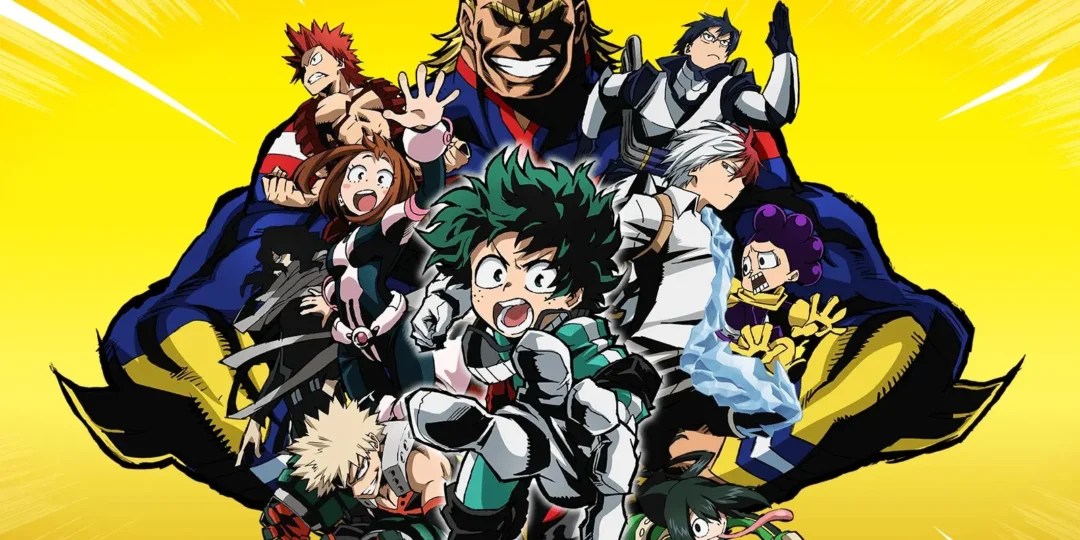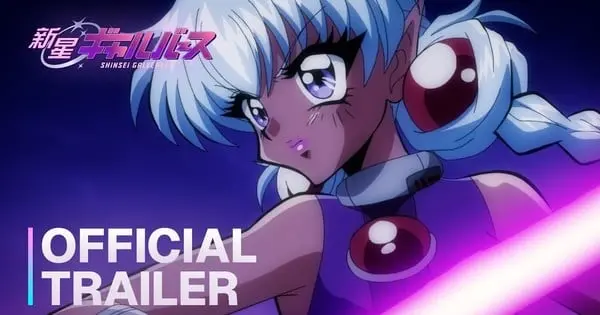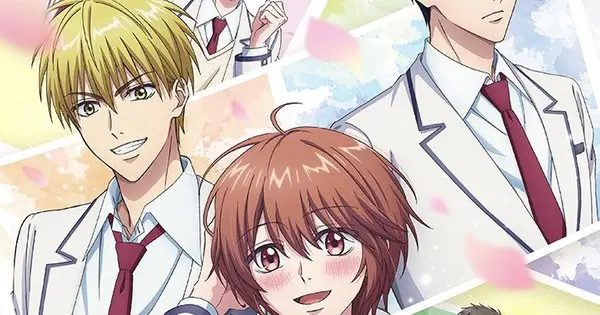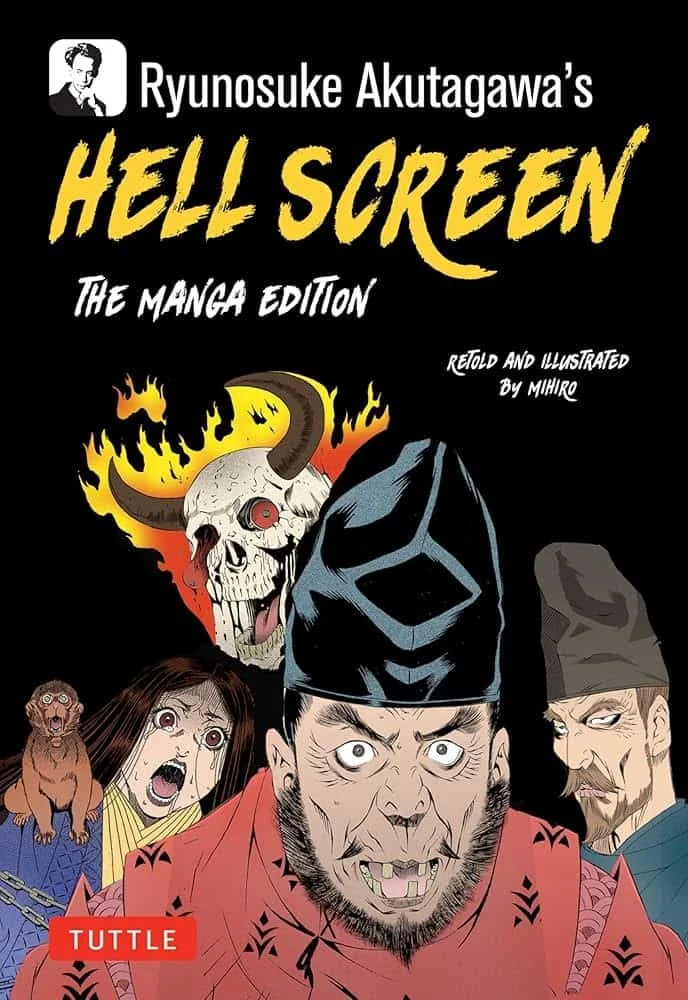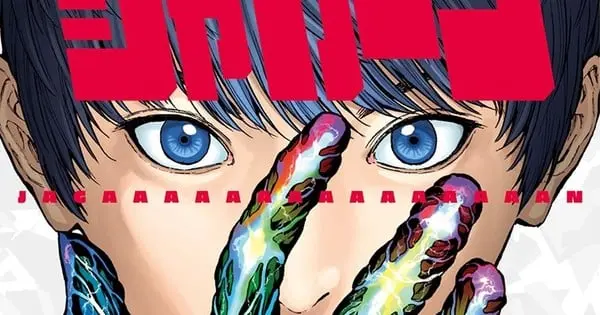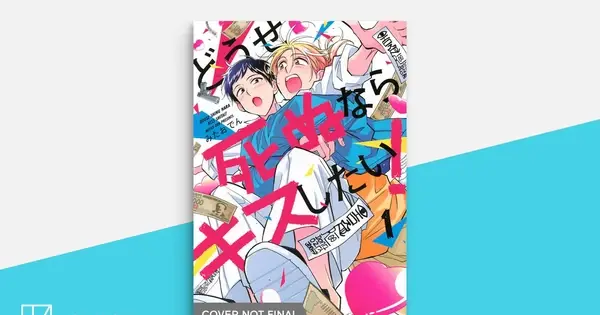A new manga adaptation of Ryunosuke Akutagawa’s renowned short story, “Hell Screen,” is set to be released in March, bringing the classic tale of artistic obsession and moral depravity to a new audience. The manga, adapted by Mihiro, promises to capture the haunting essence of Akutagawa’s original work. This release is highly anticipated by fans of both classic Japanese literature and manga alike.
A Classic Tale Reimagined
Ryunosuke Akutagawa, a literary giant of early 20th-century Japan, first published “Hell Screen” (Jigokuhen) in 1918. The story, a chilling exploration of the dark side of artistic pursuit, has captivated readers for decades. Now, this story is being adapted into a graphic novel format, set to launch on March 25, 2025. The manga aims to introduce this masterpiece to a new generation while retaining the core themes and unsettling atmosphere that made the original so impactful.
The Story of Yoshihide
At the heart of “Hell Screen” is the character of Yoshihide, a supremely talented but deeply flawed artist. He is commissioned by the powerful Lord Horikawa to paint a folding screen depicting the horrors of Buddhist hell. Yoshihide, known for his abrasive personality, is consumed by a desire for realism, pushing his moral boundaries in pursuit of his artistic vision. His obsession leads him down a dark path, as he inflicts suffering upon others to capture the true essence of torment.
A Dark Descent into Obsession
The manga adaptation delves into the psychological depths of Yoshihide’s character, highlighting his descent into madness. As he seeks to portray hell authentically, he begins to emulate its cruelty. This exploration of the artist’s psyche will be a key element of the manga, showing how his pursuit of artistic perfection leads to his moral degradation. The narrative also examines the relationship between art and reality, questioning whether the pursuit of beauty can justify horrific actions.
Key Themes and Motifs
Akutagawa’s “Hell Screen” is rich with symbolism and explores several profound themes, all of which will likely be central to the manga adaptation:
The Corrupting Nature of Power
The story critiques the abuse of power, represented by Lord Horikawa’s callous indifference to human suffering. His willingness to indulge Yoshihide’s twisted artistic desires reveals the moral decay that can accompany unchecked authority. The manga will likely underscore this theme, highlighting the dangers of power dynamics within a feudal society.
The Price of Artistic Obsession
The narrative serves as a cautionary tale about the dangers of obsession. Yoshihide’s single-minded dedication to his craft ultimately destroys him and those around him. The manga will explore this theme in detail, showing the destructive consequences of prioritizing art above all else.
The Unreliable Narrator
“Hell Screen” is narrated by a servant of Lord Horikawa, who is presented as a biased and unreliable storyteller. This narrative approach adds a layer of complexity to the story, as the reader is forced to question the events being described. The manga will likely utilize visual storytelling to reflect this unreliability, perhaps offering subtle clues that contradict the narrator’s version of events.
Moral Ambiguity
The story doesn’t offer easy answers, presenting a world where moral boundaries are blurred. Both Yoshihide and Lord Horikawa are deeply flawed characters, and the narrative invites readers to question their own sense of right and wrong. The manga will likely preserve this moral ambiguity, prompting viewers to engage in critical reflection.
The Manga Adaptation: What to Expect
The manga adaptation of “Hell Screen” is poised to bring a fresh perspective to this classic tale, using the visual language of manga to convey the story’s dark and disturbing themes.
Visual Storytelling
Manga’s strength lies in its ability to portray complex emotions and intricate narratives through visual elements. The adaptation of “Hell Screen” will leverage this, creating powerful imagery that captures the horror and intensity of the original story. The use of paneling, character design, and dynamic action sequences will be crucial in bringing Akutagawa’s world to life.
Mature Themes and Content
It is recommended for readers aged 16+, due to mature themes and graphic content. The manga promises to stay true to the original’s disturbing nature, exploring graphic violence and psychological distress. This means that it will not shy away from the dark aspects of the narrative. It aims to engage with the themes with the seriousness they deserve.
Accessibility for New Audiences
By adapting “Hell Screen” into a manga, it will become more accessible to a younger and wider audience. The visual appeal of manga can draw in readers who might otherwise be intimidated by classic literature. This allows the timeless themes and story to reach a new generation of readers.
Preservation of the Original’s Essence
While adapting the story for a new medium, the manga will strive to retain the original’s essence. The adaptation will maintain the core themes, character motivations, and unsettling atmosphere. This will ensure that long-time fans of Akutagawa’s work will appreciate this new interpretation.
The Enduring Legacy of Ryunosuke Akutagawa
Ryunosuke Akutagawa remains a towering figure in Japanese literature. His work, characterized by its dark themes, psychological depth, and stylistic brilliance, continues to resonate with readers today. “Hell Screen” stands as a prime example of his genius. It is a story that continues to inspire and challenge audiences.
A Master of the Short Story
Akutagawa was a master of the short story format, using it to explore profound themes and complex characters. His stories often draw from Japanese folklore and history, blending traditional elements with modern sensibilities. “Hell Screen,” a reimagining of an older tale, is a testament to his skill in transforming classic narratives into thought-provoking works.
Influence on Modern Storytelling
Akutagawa’s influence extends beyond literature, impacting film and other forms of media. His stories have been adapted into numerous films, including Akira Kurosawa’s acclaimed “Rashomon”, which is based on Akutagawa’s short story “In a Grove”. The manga adaptation of “Hell Screen” is a continuation of this legacy, demonstrating the lasting relevance of his work.
A Look at Human Nature
Akutagawa’s works often delve into the darker aspects of human nature, exploring themes of ego, obsession, and the fragility of morality. “Hell Screen” is a powerful example of this, presenting a disturbing vision of what can happen when ambition and desire go unchecked.
Conclusion
The upcoming manga adaptation of Ryunosuke Akutagawa’s “Hell Screen” is set to be a significant release, bringing a literary classic to a new generation. The manga is set for release on March 25, 2025. By adapting this haunting and thought-provoking story into a visual format, the manga has the potential to introduce new readers to the power of Akutagawa’s work. With its rich themes, complex characters, and chilling atmosphere, “Hell Screen” remains as relevant and impactful today as it was when it was first published over a century ago. The manga will be a testament to Akutagawa’s enduring legacy and his ability to explore the darkest corners of the human soul.

